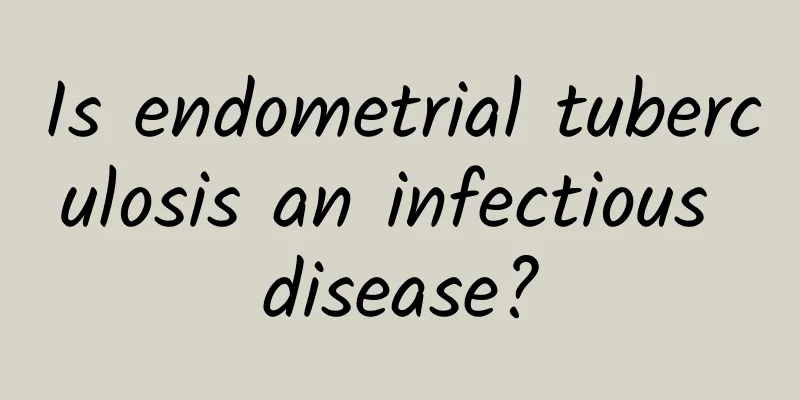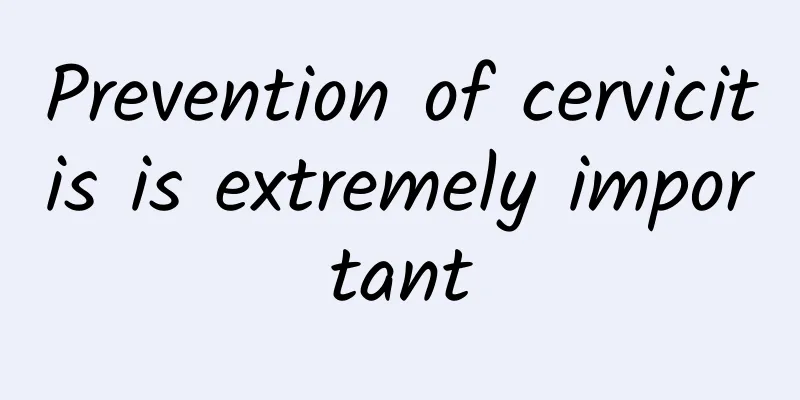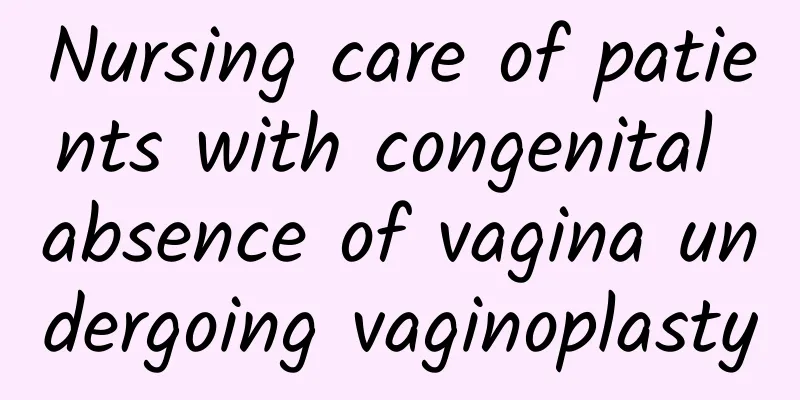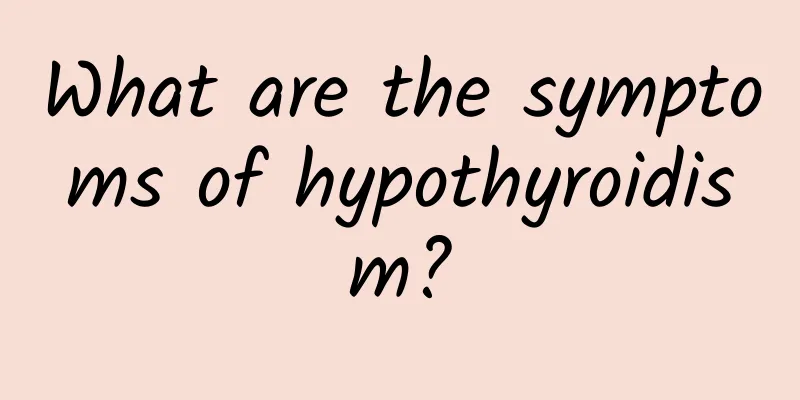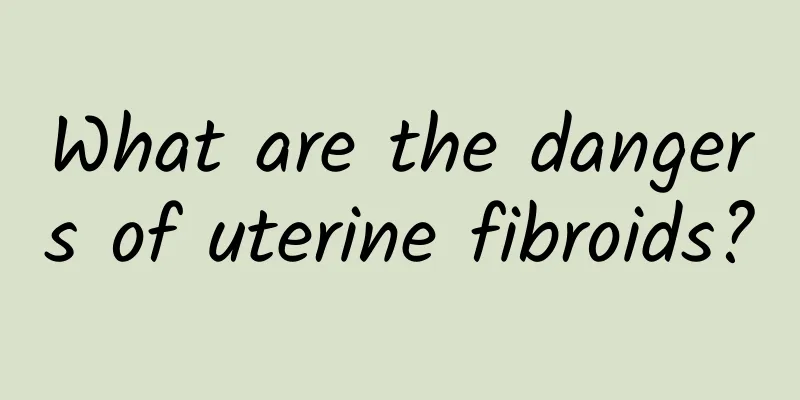What treatments are most effective for cervical warts?
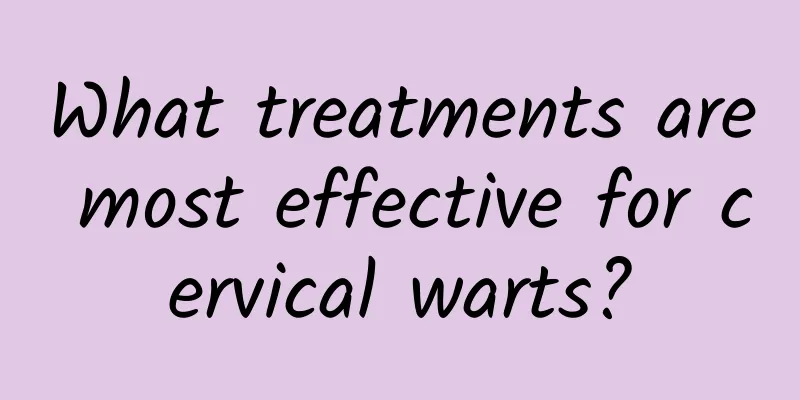
|
Many skin and sexually transmitted diseases appear around us. Female friends should always be vigilant not to be infected with genital warts. Cervical warts are a relatively common sexually transmitted disease, mainly transmitted through sex. In addition to cutting off the transmission route, how can we prevent this disease and treat cervical warts? How to treat cervical warts? There is no method to eradicate HPV. The principle of treatment is to remove exogenous warts and improve symptoms and signs. 1. Topical medication Before medication, apply 1% tetracaine locally for surface anesthesia to relieve pain. ① Apply 33% to 50% trichloroacetic acid once a week. Generally, the lesions will disappear after 1-3 times. Trichloroacetic acid has low toxicity and does not damage the surrounding normal skin. It does not form scars after the lesions are repaired. It can be used for vaginal and cervical lesions. ② Apply 1% phthalide ointment 3-5 times a day. It is expected to be cured in 4-6 weeks. It has little irritation and is widely used. ③Apply 10-25% podophyllum resin to the lesions. This drug is cytotoxic, can inhibit the M phase of cell division, and is highly irritating. Be careful not to apply it to normal skin. It cannot be used for vaginal and cervical lesions. Wash it off 2-4 hours after application. Apply once a week and can be used 3-4 times in a row. ④ Use 5% fluorouracil ointment externally, once a day, 10 to 14 days as a course of treatment, generally 1 to 2 courses of treatment. 2. Physical or surgical treatment Physical treatments include microwave, laser, and cryotherapy. Microwave coagulates at the base of the warts. Because it is a contact treatment, it can be applied to any part of the genital warts. Laser is suitable for warts in any part of the body and difficult to treat, large, and multiple warts. Cryotherapy is suitable for those with smaller warts and more limited lesions. Giant genital warts can be removed with a microwave knife or surgery. 3. Interferon Interferon has antiviral, anti-proliferative and immune-regulating effects. It can limit the replication of HPV viruses; slow down the division rate of cells in the lesion site; Enhance the host's defense response to HPV infection. Genetically engineered recombinant interferon (YIFN) a-2a is commonly used, with a dose of 1 million u, injected intramuscularly once every other day for 3-4 consecutive weeks as a course of treatment. Local injection at the base of the lesion can also be used. Interferon is generally not used alone, but mostly as an auxiliary medication. For recurrent and stubborn condyloma acuminatum, a biopsy should be taken in time to exclude malignant transformation. |
<<: How to scientifically treat patients with cervical condyloma
>>: How to scientifically treat cervical warts
Recommend
Nursing measures for acute pelvic peritonitis
In life, many women will suffer from pelvic perit...
What is the difference between polycystic ovary and ovarian cyst? Are they the same?
Although ovarian cysts are not common, they are d...
Get rid of edema-type obesity! Drink wax apple fresh orange juice
[Edema] Main fruits and vegetables for edema: wat...
Five common early symptoms of adnexitis
Adnexitis is a common gynecological disease, and ...
Is it expensive to treat functional uterine bleeding?
Functional uterine bleeding is very harmful in li...
Why can't pelvic effusion be cured?
Pelvic effusion is a common gynecological disease...
Ectopic pregnancy is more likely to occur in menopausal women who do not pay attention to contraception
Contraception is necessary for menopausal women. ...
Experts remind: The dangers of ectopic pregnancy should not be underestimated
There are many gynecological diseases that threat...
Lose weight and reduce appetite by soaking black fungus powder in water
When it comes to losing weight, "eat less an...
How to effectively treat congenital absence of vagina
Some women have some abnormalities during embryon...
Love to use domestic products! The government is keeping a close watch on agricultural products, so you can enjoy them with peace of mind
In order to promote Taiwan's high-quality agr...
Love at first sight detox water! 4 simple steps
We all know that the first thing to do for detoxi...
Running until you sweat but still not losing weight? These 4 ways to break through the stagnation period
"I run every week, but I still don't see...
Symptoms caused by ovarian cyst compressing the diaphragm
As ovarian cysts continue to grow and compress th...
Early and late symptoms of endometrial tuberculosis
Endometrial tuberculosis is a common disease that...
